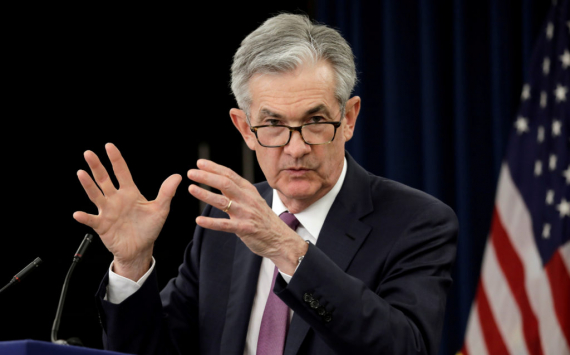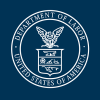
Falling again
The Fed chairman did not express concern that Treasury yields are at their highest level since the start of the pandemic. Investors, in turn, are concerned about this Fed stance because of the risks of inflation and rising rates.
On Thursday, major US stock indices continued to fall as investors reacted to Fed Chairman Jerome Powell's words.
On Thursday the S&P 500, Nasdaq Composite and Dow Jones fell by 1.34%, 2.11% and 1.11% respectively, extending last week's declines.
Powell said the Fed was aiming for a labour market recovery, focusing primarily on maximising employment.
He said: "We want labour markets to match our estimate of maximum employment".
The US Labor Department's weekly initial jobless claims report showed that the labour market continues to recover at a slow pace.
Weekly claims rose to 745,000, higher than last week's figure, but better than economists' estimates of 750,000.
However, inflation is negatively affecting the government bond market, as it causes their yields to rise and prices to fall (prices and yields are moving in opposite directions). Bond prices are falling, as the future interest payments received for owning a bond will be lower with inflation.
Asked about bond yields being at their highest level since the pandemic began, Powell said: "As far as the bond market is concerned, I am concerned about disorderly conditions in the markets or the continued tightening of financial conditions in general, which threatens the achievement of our goals".
Investors fear that if the Fed loses control of inflation, the US economy will "overheat" and the central bank may have to raise rates.
Stock market investors don't like rising interest rates because it makes it more expensive for companies to borrow and puts debt-laden companies that have become dependent on low interest rates at risk.
The US Senate has decided to begin debating Joe Biden's $1.9 trillion bill to help Americans and the economy after all 628 pages of it have been read out loud. The passage of this bill should speed up economic and labour market recovery, but on the other hand, there are growing fears that such a huge infusion of funds into the economy will cause a surge in inflation.











